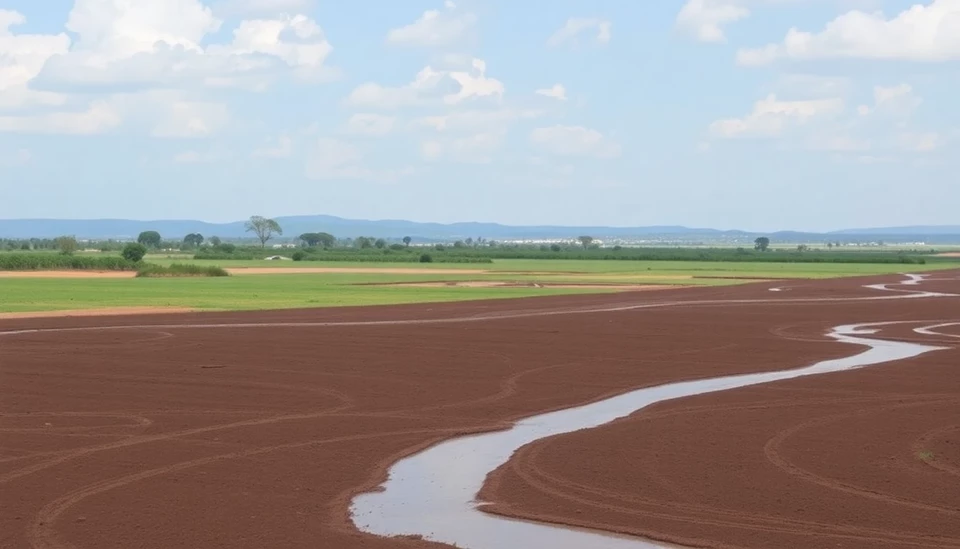
Germany has fallen short of its commitment to provide sufficient climate aid to developing nations, a setback that underscores the broader challenge faced by wealthy countries in meeting their international financial promises to combat climate change.
According to Bloomberg, Germany aimed to contribute significantly to a $100 billion annual goal set by developed nations to support vulnerable countries in managing climate change impacts. However, recent figures show that Germany has not met its 2024 target, prompting concerns from climate activists and policymakers alike.
The shortfall is particularly alarming given that climate financing is a critical component of global efforts to address the environmental crisis. Funds are intended to aid developing countries in adaptation and mitigation strategies, ranging from building infrastructure resilient to extreme weather to transitioning to renewable energy sources.
Germany's underperformance could have ripple effects, potentially discouraging other nations from meeting their commitments. It also raises questions about the feasibility of achieving international climate goals when some of the world's strongest economies struggle to fulfill their financial pledges.
Activists and advocacy groups were quick to respond, expressing disappointment and urging immediate action. "Meeting climate aid targets is not just a matter of financial commitment; it’s a matter of survival for millions facing climate-induced hardships," said a representative from the Climate Action Network.
In response to the criticism, German officials maintained that the country is still committed to climate action and will intensify efforts to meet its obligations. They noted that Germany has been a leading provider of climate finance and that ongoing efforts are expected to accelerate in the coming years.
This development comes in the lead-up to the United Nations Climate Change Conference (COP), where the issue of climate finance will undoubtedly be a focal point. As countries gather to negotiate and renew commitments, the pressure is on for Germany and other developed nations to present viable plans for fulfilling their climate aid promises.
The missed target highlights a significant challenge: balancing domestic political and economic priorities with international environmental responsibilities. Critics argue that failing to meet financial pledges undermines the credibility of global climate agreements and hinders collective progress.
As the world grapples with increasing climate-related disasters, the insistence on reliable and substantial financial support becomes ever more pressing. The developing nations have continuously reiterated that without adequate financial backing, achieving sustainable and equitable climate resilience is an uphill battle.
Germany’s inability to meet its 2024 climate aid target brings to the forefront the urgent necessity for cohesive and committed international collaboration. All eyes will be on the upcoming climate conference to see how global leaders address this critical shortfall and strive to rebuild trust and momentum in international climate finance.
In summary, while Germany's contributions to global climate efforts have been substantial in the past, the current shortfall raises significant concerns about the future of international climate finance commitments. The world now waits to see how Germany and other developed countries will respond to the heightened call for urgent and reliable climate aid to support those most affected by the climate crisis.
#Zambia #EconomicGrowth #Agriculture #WeatherRecovery #GDPResurgence
Author: Laura Mitchell




